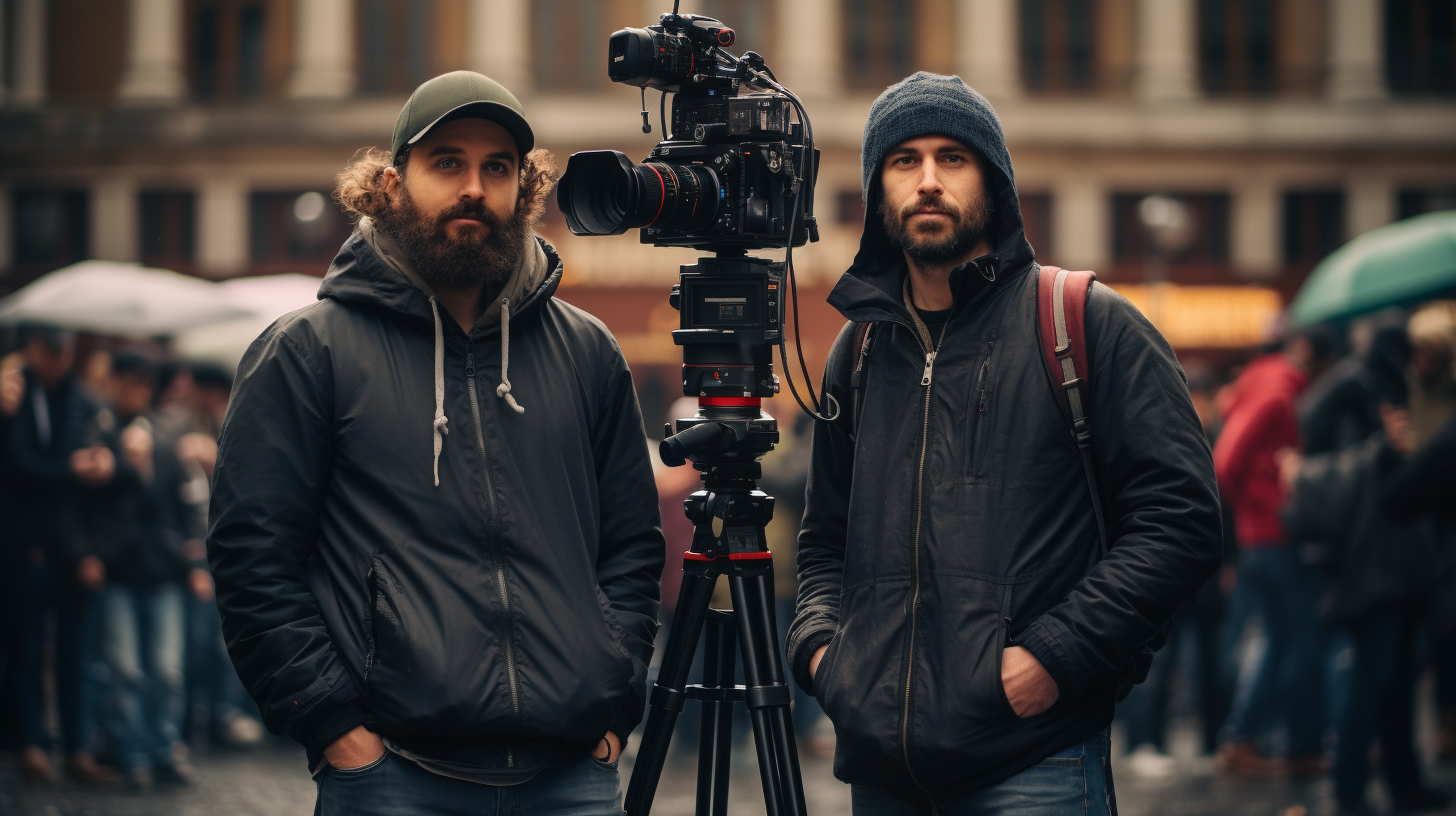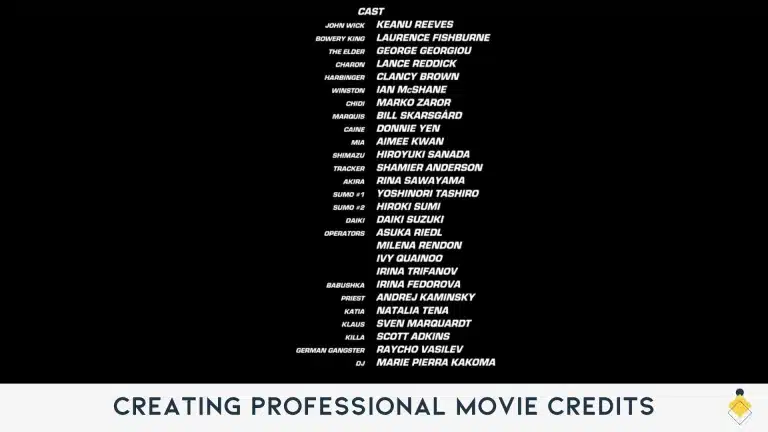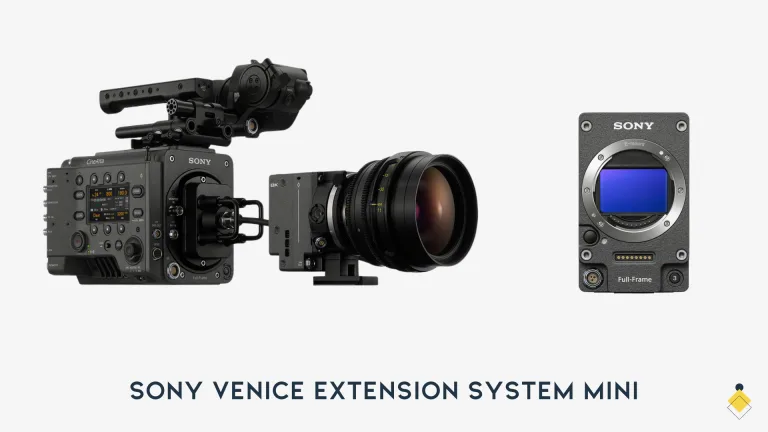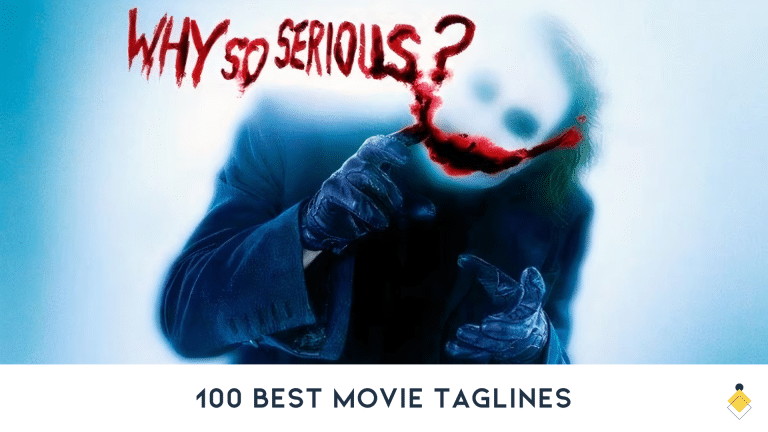In the realm of filmmaking, two key roles play a significant role in capturing captivating visuals: cinematographers and videographers. While their work may appear similar at first glance, they possess distinct skills and responsibilities that set them apart.
In this article, we will explore the differences between a cinematographer and a videographer, shedding light on their respective roles, techniques, and artistic contributions.
Let’s dive right into it!
Defining the Roles – Cinematographer vs Videographer
The first step in understanding the disparity between cinematographers and videographers is to grasp the essence of their roles.
Cinematographer
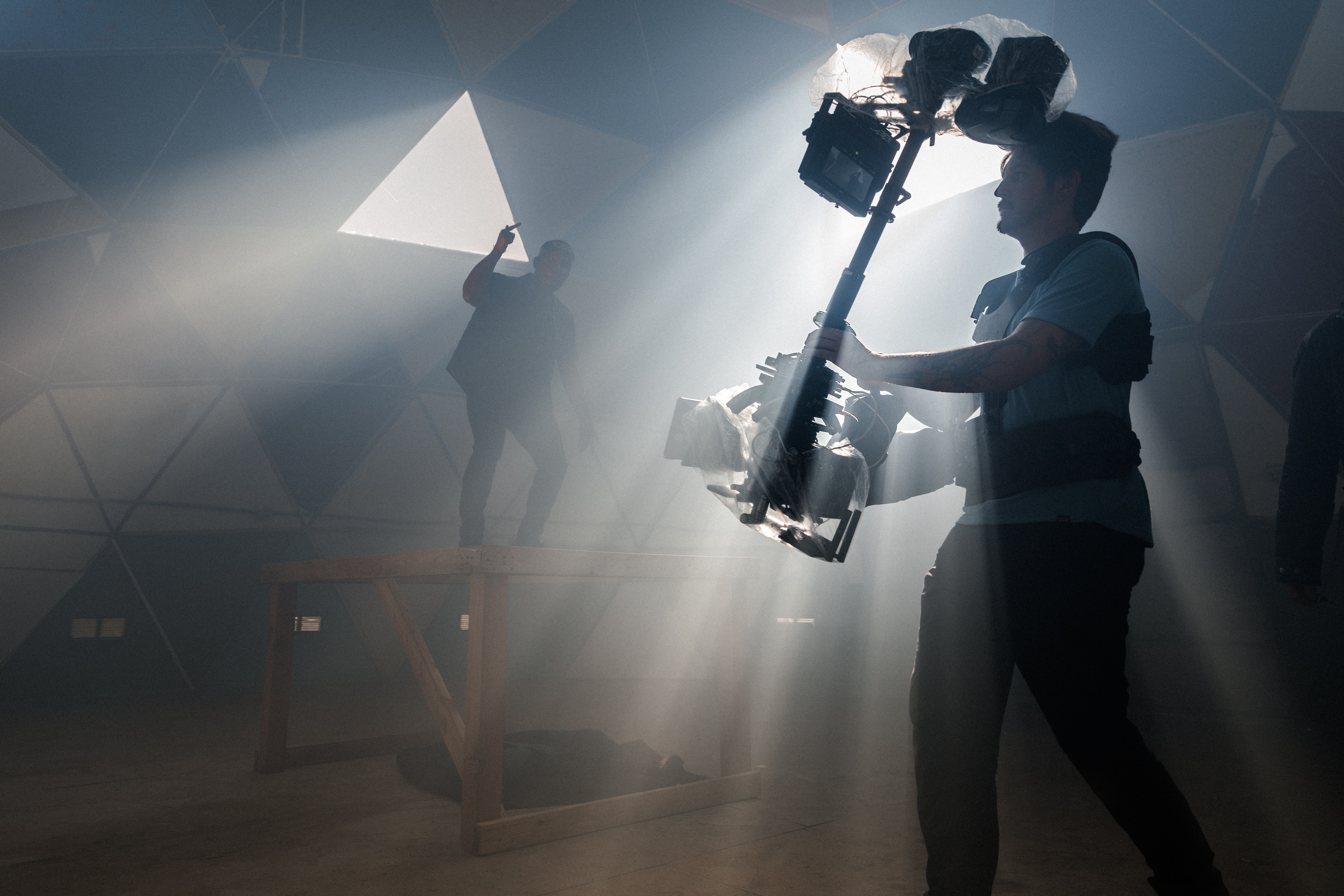
A cinematographer, often referred to as a Director of Photography (DP), is a highly skilled professional responsible for crafting the visual aesthetics of a film. They work closely with the director to bring their creative vision to life.
Cinematographers are focused on achieving a cinematic look and feel, often involving the use of advanced camera techniques, lighting setups, and artistic framing.
Videographer
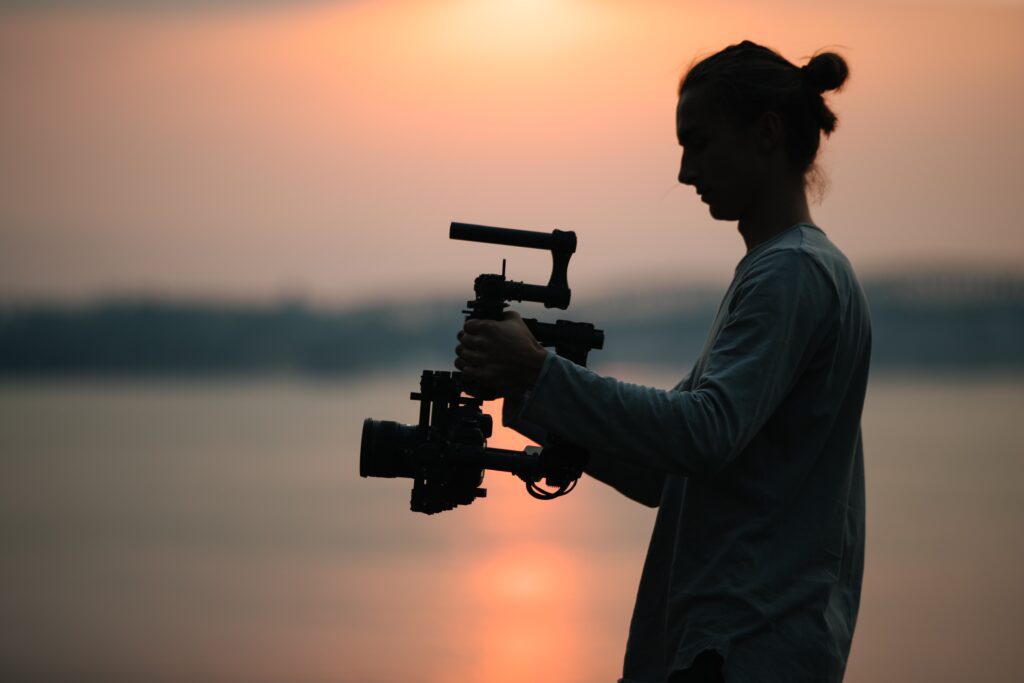
Conversely, a videographer is a professional who primarily captures videos, but their work is more aligned with recording events or producing straightforward content.
Unlike cinematographers, videographers may not necessarily be involved in complex storytelling or advanced cinematic techniques. They focus on recording events or capturing essential footage for specific purposes, like events, documentaries, or simple marketing videos.
The difference between videography and cinematography lies in their focus and approach to capturing visual content.
Videography is primarily concerned with recording events or producing straightforward video content, often with a documentary or informational purpose. Videographers excel in operating cameras efficiently to capture moments accurately, ensuring steady shots and clear audio without extensive post-processing.
On the other hand, cinematography is an artistic discipline within filmmaking, focused on crafting visually appealing narratives. Cinematographers work closely with directors and production teams to create visually captivating scenes, employing advanced camera techniques, lighting setups, and artistic framing to evoke emotions and enhance the storytelling process.
Their expertise extends to post-production, where they collaborate with colorists and editors to achieve the final desired look.
Skill Set and Expertise
The divergence between these two roles becomes more apparent when examining the required skill sets.
Cinematographer’s Skill Set
Cinematographers are artists in their own right, possessing an extensive array of skills that elevate their work beyond mere video recording. They have a deep understanding of camera technology, composition, lighting, and color theory. Their expertise lies in crafting visually appealing scenes that evoke emotion and enrich the storytelling process.
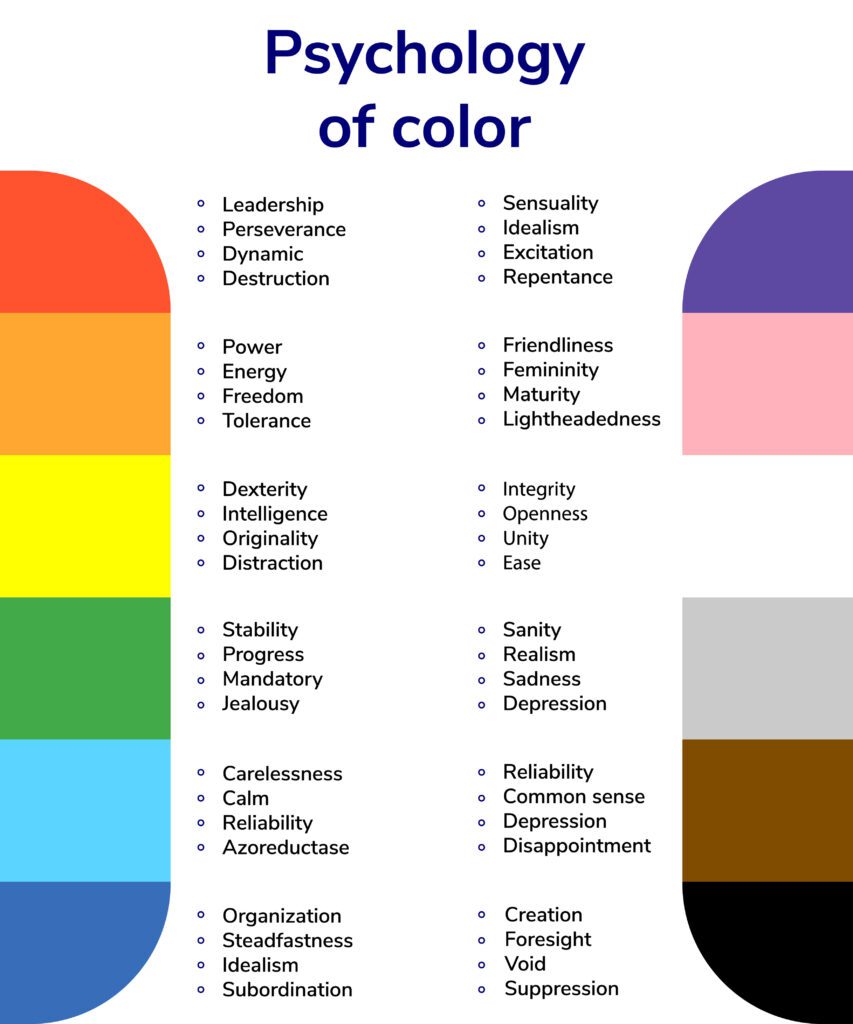
Cinematographers also possess a strong knowledge of various camera systems and lenses, enabling them to choose the most suitable equipment for each shot.
Videographer’s Skill Set
Videographers, while skilled in video recording, may not have the same level of artistic expertise as cinematographers. Their primary focus is on capturing moments accurately and effectively. They excel in operating cameras and related equipment, ensuring steady shots and good audio quality.
While they may use basic editing techniques, their work generally involves straightforward, chronological storytelling without elaborate visual storytelling elements.
Creative Approach
The artistic approach taken by cinematographers and videographers further sets them apart.
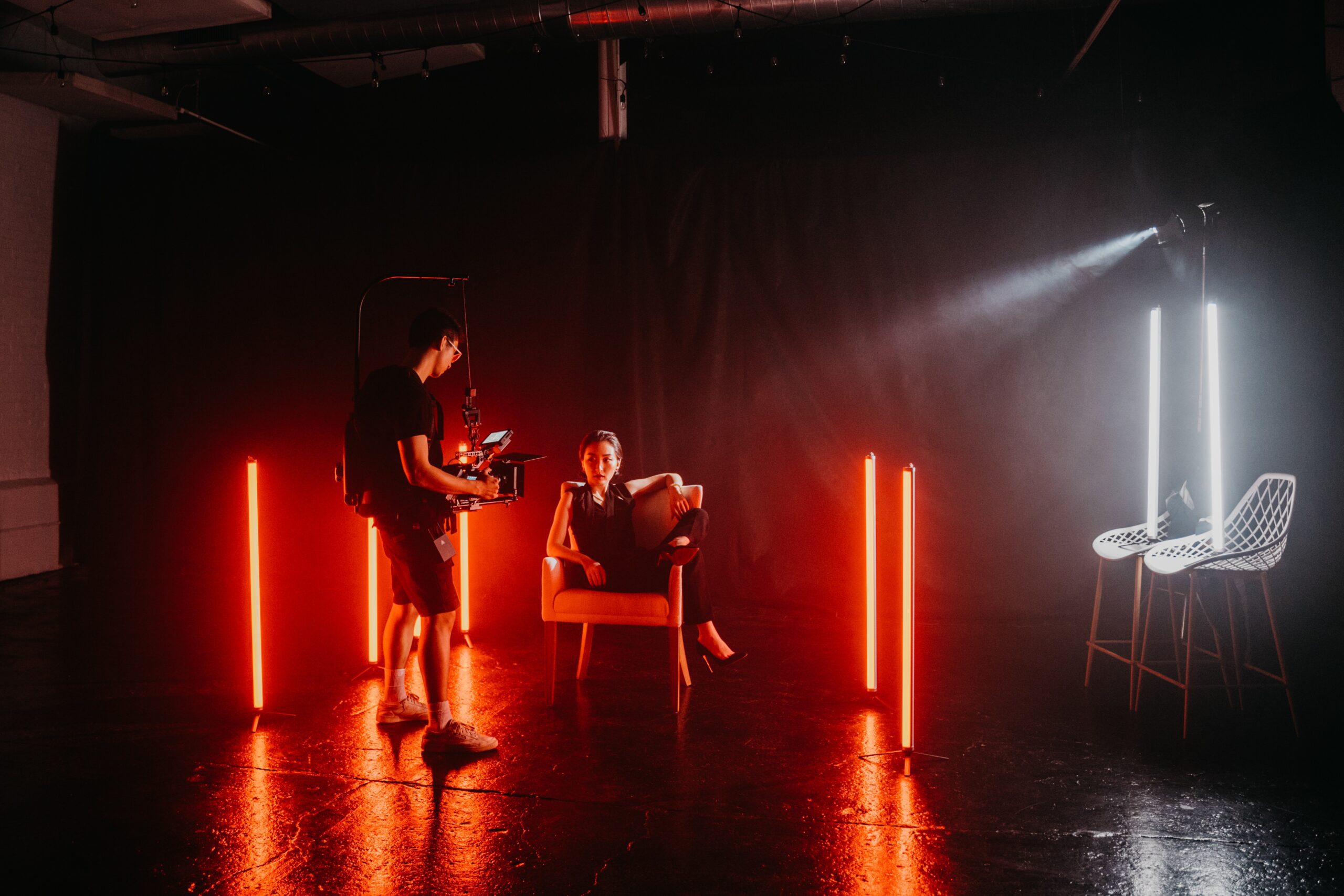
Cinematographer’s Creative Approach
Cinematographers aim to create stunning visual narratives, utilizing various camera movements, angles, and lighting techniques. They strive to convey emotions through the interplay of light and shadows, using composition to draw the audience’s attention and enhance the overall storytelling.
Cinematographers bring a distinct mood and atmosphere to their work, elevating the film’s emotional impact.
Videographer’s Creative Approach
Videographers primarily focus on capturing the events as they unfold, striving for clarity and accuracy. While they may exercise some creativity in framing shots, their primary goal is to document the moment or convey the necessary information. Their work is more straightforward, with less emphasis on evoking emotion through artistic visual elements.
Technical Expertise and Equipment
Another key differentiation between cinematographers and videographers lies in their technical expertise and the equipment they use.
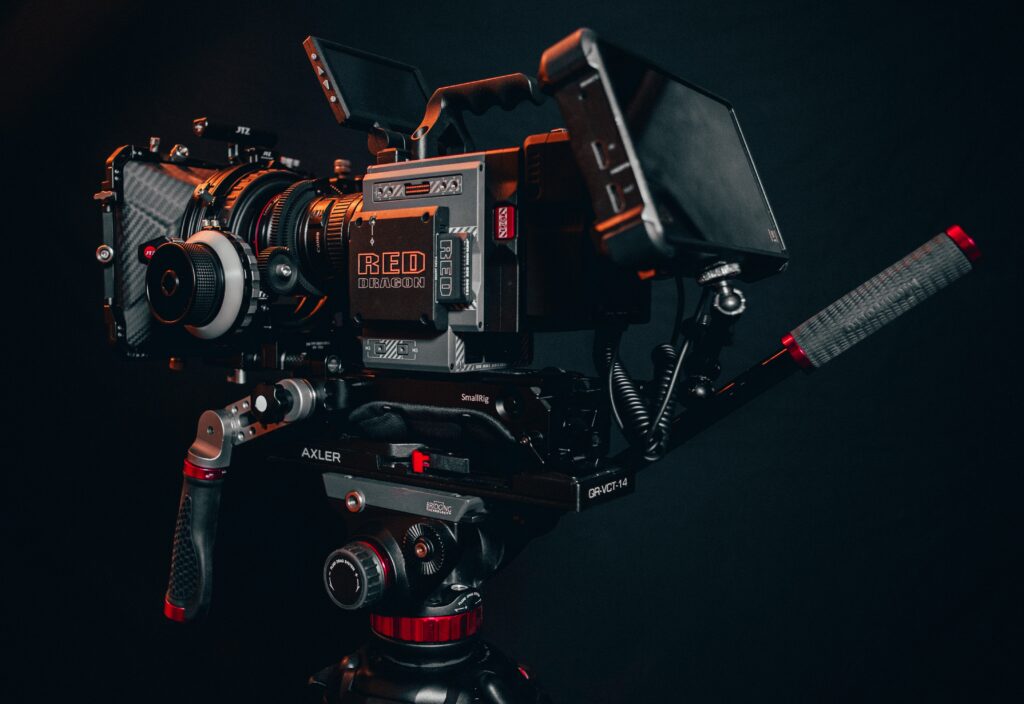
Cinematographer’s Technical Expertise
Cinematographers are well-versed in the technical aspects of filmmaking. They have a deep understanding of camera specifications, such as sensor size, resolution, frame rates, and dynamic range. This knowledge enables them to choose the most suitable camera for each project, ensuring the desired visual outcome.
Additionally, cinematographers are skilled in manipulating camera settings, such as aperture, shutter speed, and ISO, to achieve specific visual effects. They may also incorporate specialized equipment, such as stabilizers, cranes, dollies, and drones, to execute complex camera movements smoothly.
Moreover, cinematographers often have expertise in post-production processes, collaborating with colorists and editors to achieve the final look of the film. Their technical prowess extends to color grading, where they adjust the color and tonality of each shot to maintain visual consistency and enhance the narrative’s emotional impact.
Videographer’s Technical Expertise
Videographers are proficient in operating cameras and related equipment, but their technical knowledge may not be as extensive as that of cinematographers. They are skilled in setting up cameras for stable shots, capturing clear audio, and handling basic lighting situations. Their focus is on efficiently recording footage without extensive post-processing requirements.
In comparison to the intricate camera movements and visual effects employed by cinematographers, videographers typically use handheld setups or tripods for stable shots and straightforward camera movements. They prioritize real-time recording with minimal adjustments during post-production. This allows them to efficiently deliver the final product, making them a suitable choice for clients seeking a quick turnaround.
Conclusion
In conclusion, the distinction between cinematographers and videographers goes beyond their roles and creative approaches. It extends to their technical expertise and the complexity of the equipment they employ.
Cinematographers are masters of their craft, well-versed in the intricacies of camera technology, composition, and post-production techniques. They excel in crafting visually captivating stories that evoke emotions and leave a lasting impact on the audience.
On the other hand, videographers are skilled in efficiently capturing events and delivering content in a straightforward manner, making them a practical choice for projects with tight timelines and less emphasis on cinematic storytelling.
Both cinematographers and videographers play vital roles in the diverse world of visual storytelling. Their unique contributions, combined with their respective skill sets, ensure that each project receives the specialized attention it requires, resulting in a wide array of compelling and engaging visual content.
Frequently Asked Questions
A cinematographer, also known as a Director of Photography (DP), is a skilled professional responsible for creating the visual aesthetics of a film. They work closely with the director to bring their creative vision to life through camera techniques, lighting, and framing.
Becoming a cinematographer typically requires a combination of education, practical experience, and skill development. It may take several years, including formal film school training, on-set experience, and networking within the industry.
A videographer is a professional who captures videos, often for events, documentaries, or marketing purposes. They focus on recording events or conveying information in a straightforward manner.
The key difference lies in their approach and expertise. Cinematographers are highly skilled artists in filmmaking, crafting visually appealing narratives using advanced techniques and artistic vision. On the other hand, videographers primarily focus on capturing events or producing straightforward content, often with less emphasis on complex visual storytelling.

